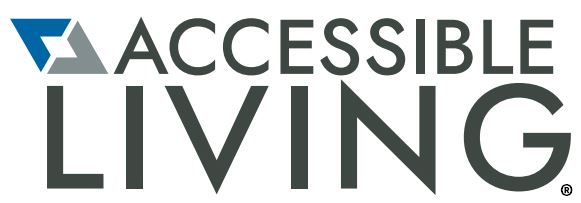Program Helps Keep Maine Residents in Home Longer
In 2015, the housing authority in Bath, Maine, created the Comfortably Home program after seeing the maintenance challenges that older people and those with disabilities faced in the challenge of continuing to live at home.
“We kept hearing that the housing wasn’t working for the residents, but they didn’t want to leave. They’d say ‘the only way you’re getting me out of here is feet first in a pine box’,” Bath Housing executive director Debora Keller said. “Meanwhile, the waiting list to get into Bath Housing units was two years long. We had to do something to help residents live more safely and longer in their own homes.”
The small Bath Housing program has worked on about 300 homes in the Maine coastal city of 8,760 residents. The idea has rippled across the state and has been replicated in 14 of Maine’s 16 counties and sparked the idea for a national effort called the Older Adult Home Modification Program through the U.S. Department of Housing and Urban Development, Keller said.
Comfortably Home installs handrails and shower seats, repairs stairs and windows, provides weatherizing, upgrades lighting, and installs carbon monoxide detectors and smoke detectors, among other safety measures. Home entrances like stairs or ramps also get fixed, allowing for safer egress. Finding contractors and affording the renovations were the biggest barriers to people having the upgrades done themselves.
“I’m proud of the elegant simplicity of this program. It’s so simple and such a no-brainer. People don’t fully realize what we’re doing, but it’s expanding nationally and we’ve created a model that’s simple with a low barrier to entry,” Keller said.
Bath’s Comfortably Home program has allowed residents to age in their own homes, which has reduced pressure on waiting lists for public housing assistance, which in turn has allowed housing authorities to help those with the greatest need, Keller said.
“It’s a low-cost, high-impact program,” Keller said. “In a negative world and a negative time, we’re inundated with thank you’s and gratitude. In one case, the primary thing the resident wanted was to be able to go outside. Suddenly, with our help, this person could go outside and listen to the birds and look at the flowers.”

